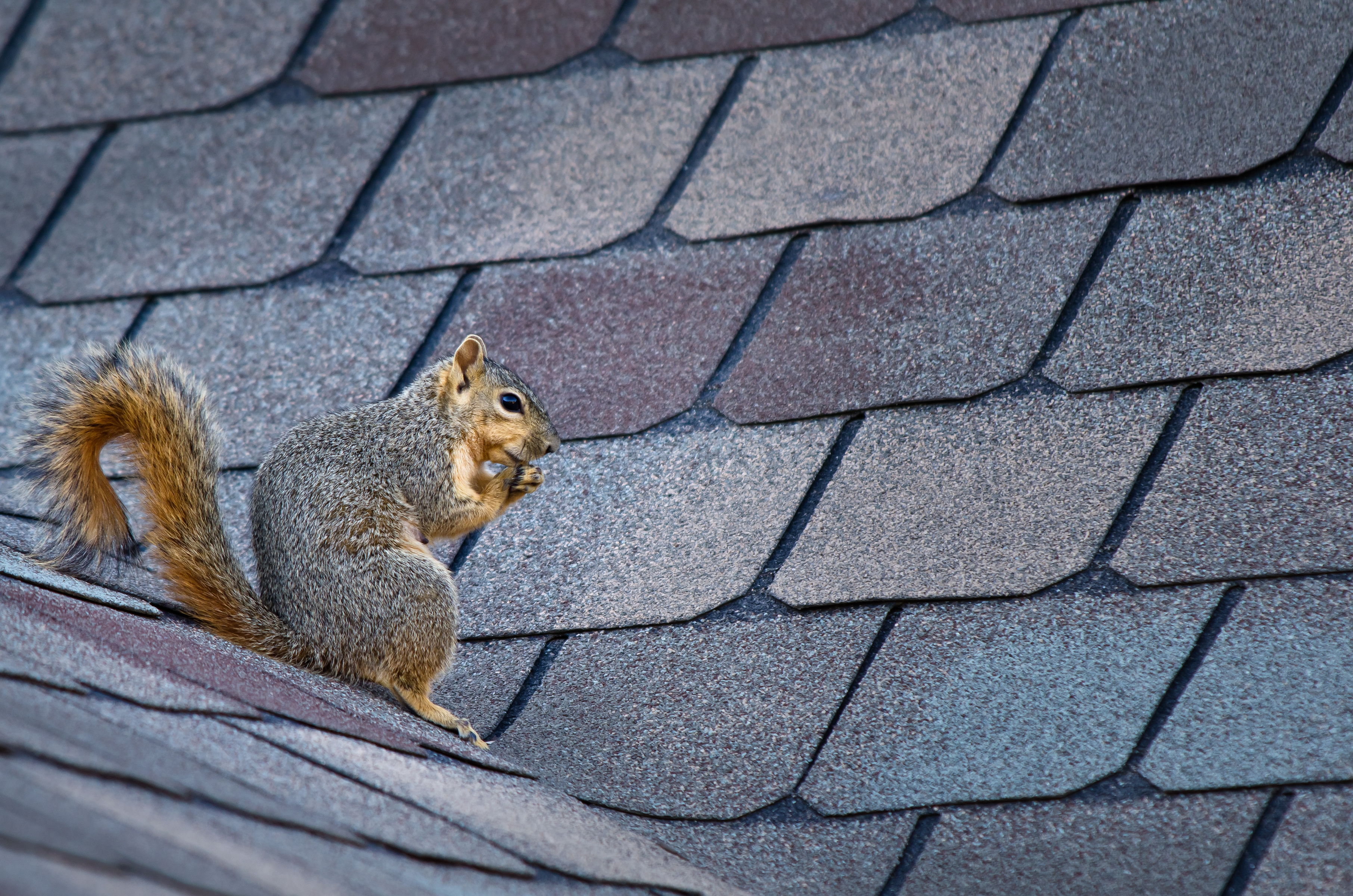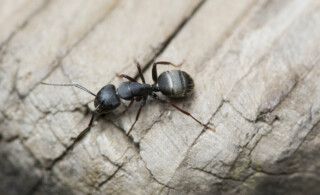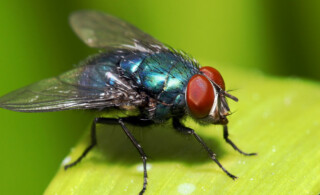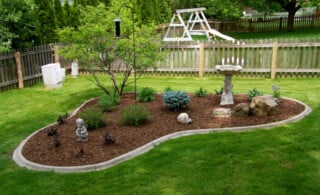
While it can be fun to look out your window and see an animal such as a rabbit or a deer in your yard, they can cause issues. Some wildlife will stray into landscaped areas and gardens where they can damage plants and possibly other property. They can also bring disease carrying ticks, and fleas into your space, especially if the animal finds a way into your home. There are several steps that homeowners can take to prevent wildlife from causing issues in their yards and homes. With proper education, homeowners will have the knowledge needed to control nuisance animals while reducing the risks to people and family pets.
Some Basic Tips For Getting Rid of Problem Wildlife
- In order to rid your yard and home of problem animals, you must first identify them. Once you have properly identified the species, you will be able to figure out the best strategies for control.
- Keep all garbage in containers with secure lids, so they cannot be opened by animals.
- Bird baths and bird feeders have a tendency to attract wildlife other than birds. If using bird baths or bird feeders, they should be kept away from the home to discourage wild animals from getting close.
- Installing fencing, especially around gardens, can keep pests from coming into your yard and destroying plants and other property. The cost to install a fence averages around $1,500 to $4,000 depending on the material & style you choose.
- Wildlife repellents can be effective but it is important to make sure they are safe for any pets and kids that might be playing in the yard.
- Pesticides can also be useful, but as with wildlife repellents, should be used with caution and only as directed.
Dealing With Specific Types of Wildlife
Skunks – Skunks are approximately the size of domestic cats. They can be a real nuisance as they will try to get into yards for food and shelter. In general skunks are not big climbers with the exception of spotted skunks. This means that putting up a fence can help to deter them from entering your property. Skunks are good at digging however so it is important that the fence is partially buried so the skunks cannot get underneath. Another option is to trap skunks. This is generally best left to licensed trappers as skunks have a tendency to spray when trapped. Some areas also allow homeowners to shoot skunks as well as use toxicants to get rid of them. It is important to familiarize yourself with the specific laws in your town or city.
Ready to start your wildlife removal?
Find ProsRaccoons – Raccoons can cause serious headaches for homeowners as they are known for trying to take refuge in places like attics and chimneys. Since they are also constantly looking for food, garbage cans are quite attractive to them. Raccoons can be deterred by keeping garbage, pet food, and any other edible materials in places they cannot get to. Raccoons are good climbers so regular fences will not deter them but electric fences can. If you install an electric fence, it will cost about $1,200. Raccoons can be trapped with cage style traps. They should be placed in areas frequented by raccoons such as in the attic, or even on the roof. Otherwise you will need a professional raccoon removal company to come out, who will charge around $400.
Woodchucks – Woodchucks can be a serious menace and can wreak havoc on backyards. Woodchucks are burrowing animals and can dig down and destroy gardens, yards, and farms. Woodchucks are good climbers but fences can help to deter them from entering property. The fences must be partially buried to keep the animals from burrowing underneath them. Woodchucks are known as strong animals but it is possible to trap them using steel cage traps. Once trapped they can either be relocated to a different area or dealt with accordingly. In some areas, woodchucks are considered game animals and can be hunted. It is important to know the exact laws in your area regarding trapping and shooting nuisance animals.
Squirrels – Squirrels can be real pests in urban areas as they have a tendency to destroy gardens and try to nest in attics and other spaces indoors. Your home is especially at risk if undergoing home improvements that may make it easier for animals to sneak in during construction. If you hear gnawing or running sounds during the day, there is a good chance that you have squirrels in your home. Once they get inside, they can cause serious damage to wiring and insulation. Trimming tree limbs back from your house can keep squirrels off the roof, which is where they usually gain entrance to the attic. Cage traps can also be used to remove individual squirrels from a space. Sheet metal bands can also be placed around the bases of trees, making it harder for squirrels to climb on and get on the roof and other surfaces.
Opossums – Opossums do not generally cause much trouble for humans but they will occasionally get into attics, basements, garages, and sheds. They are not aggressive animals and if pursued will probably just flee. Homeowners want to keep them off their property as they are known to spread bacterial, fungal, and viral diseases and can also carry lice, mites, fleas, ticks, and roundworms. Opossums are fairly easy to trap with cage traps and bait such as cat food, or fruit.
Deer – Deer are a much bigger problem for homeowners in rural areas than those in cities and the suburbs. They can cause damage to gardens and ornamental plants in addition to carrying ticks that could be transferred to pets. The best way of keeping deer off your property is to install fencing. If it is not possible to fence the entire property, crops and garden areas can be fenced. Home gardeners also have the option of using one of several deer repellent products that can be purchased. These repellents however are normally only partially effective.
 Lawn Pest Control: Annihilate the Nuisances
Lawn Pest Control: Annihilate the Nuisances  Best Way to Kill Carpenter Ants
Best Way to Kill Carpenter Ants  Best Way to Get Rid of Flies Outside
Best Way to Get Rid of Flies Outside  The Basics of Landscaping
The Basics of Landscaping  Ornamental Trees and Plants
Ornamental Trees and Plants 

We have been seeing more and more deer in our yard than ever before, and I am not really sure why. I don’t care so much for the why as much as I do for the how to get rid of them. My wife mentioned something like a repellant to keep them off our garden, but I really did not know anything existed. Thank you for pointing that solution out and we will check on it.
I like how you say that you would want to consider a deer repellant or a fence to keep deer out of your garden. My husband wants to garden but his plants always get eaten before they can grow. We’ll have to consider these tips in order to keep the deer out of our yard.
There are situations when a calling the professional wildlife control can be the right thing to do. Just remember to be careful and consider some important things before jumping into it. Keep sharing, very informative indeed.